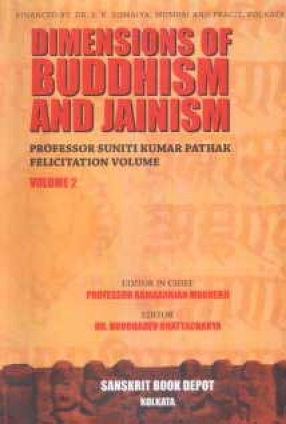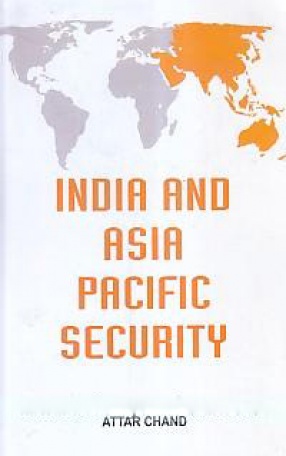A change creates some motion leading to a force. In social science, time and location and changing conditionality play an important role in the change from one point to another. Dimension is the different aspect or feature or yet again different perception of anything that might be a subject or object.
In social sciences this significant term is occasionally applied to a change or changes in the context of time and location. Human culture is pluralistic and changeable. Dimension is therefore appropriate in signifying change under the social cause and condition.
Sociology deals with several social forces. Religion, politics, economics, law and aesthetics are among the most important of the multiple social forces throughout the history of human culture.
Buddhism and Jainism belong to the shramana culture, which is believed to be indigenous in Bharatavarsa since the golden ancient period. In India, the dharma is not far from society or the society is not away from Dharma. An Indian Dharma is never divisible from the Indians, because an Indian society is branded with a particular Dharma. Here, religion is used in the modern socio anthropological standing where politics, economics, law and aesthetics may be its corollaries in Indian society. Dharma may be briefly defined as the self nature or character of life while religion is the meaning of life.
Resultantly World Buddhist and Jain Studies have a multi-pronged scope for exploring interesting chapters of the human socio-cultural growth. Multi-ethnicity and multi-lingual qualities make Buddhist and Jain Studies varied and diverse in the world in accordance with modernity and contemporary conditions of the human globe.






There are no reviews yet.